CONTENTS
Best of Mates
From earliest childhood I was determined to get a dog. My father had bred and shown English Setters, and my mother came from a traditional family that had a dog and a cat. When I was born in 1939, my parents had a Scottish Terrier called Angus, but when I was only two years old he had to be put down because he suffered from severe dermatitis, and the vets then didnt have the same armoury of medicines we now have to treat dogs with skin problems. There had only been time for Angus to make the briefest impression on me, but it was enough to spark a lifetimes attachment to terriers.
I began to put pressure on my parents to buy me a dog from the time I was five. The answer was always, Yes, dear, you can have a dog one day, but nothing ever happened. That didnt stop me hounding them.
At school I had been entranced by Lessons 6 and 7 in the First Book of the Victorian Readers, which featured a dog called Spot. My father worked in the T & G Building in Collins Street, Melbourne, where he made dental appliances. One day when I went to see him in the office, I passed by the window of a pet shop just down the road and saw some black-and-white Fox Terrier puppies who looked just like Spot. From that moment I didnt just want a dog: I wanted a Fox Terrier.
We lived in the suburb of East Ivanhoe, close to the Yarra river. My father was a retiring man who loved his home, and he considered that his role in life was to support the family. My mother was the more dominant and strong-willed. I was the first child and my brother, David, was born three years later. Then there was a gap of 18 months before my second brother, Paul, arrived. My sisters, Elizabeth and Rosemary, completed the family unit, but sadly Elizabeth died when I was 15. The fact that I was on my own so much as a child was one of the reasons I wanted a dog, for the company.
I spent 18 months harping on and on about getting a dog until eventually my father relented and bought a Fox Terrier pup from a breeder. Of course I called him Spot, and I was thrilled to bits because he was my dog.
He was highly spirited and not at all well-mannered. The best thing about him was that he was very energetic, yipping and roaring round and round. With three young boys and Spot racing about, the place was chaotic. My father had always owned setters, which were more sedate, and he never really approved of me having a hyperactive terrier.
Spot and I had an alliance. If I felt my parents had treated me harshly or things were going badly at school, I would confide in Spot and everything would start to seem better. I used to go off and discuss things with him. We would spend hours scampering around the local primary school, and walking along the river. If I got a belting on the backside from my parents, Spot was the only friend I could turn to for consolation. Even then Id started to realise that when things went badly you could talk to the dog and hed understand. Ive always been a loner, perfectly content with just me and a dog. In my upbringing, the stability factors were the house, my parents and the dog.
I still talk to my dogs. Driving in the car to the supermarket, I tell them things Id never say to some human beings. I swear they know my moods and they always seem sympathetic. If Im upset, theyre more solicitous to me. If Im happy, theyre happy too. If Im in a grump, theyre not right either.
You can always trust dogs; you never quite know with people. Once theyve bonded with you, dogs never let you down. Human beings never tell you everything, but dogs are open; they never hide anything or connive. They build you up because they always think youre great. Who else wags their tail when you come home?
When Id had Spot for two or three years, I came home from school one day to find that he was missing. My father said he had been stolen by the swaggies who lived down by the river. I never saw Spot again. Being a child, I didnt question what my father said about the swaggies stealing Spot, but ever since then Ive wondered exactly what happened to the dog, and whether my parents sent him away because he was such a handful. At the time I was inconsolable. All along Id felt this overwhelming resistance from my parents to getting the animal I wanted. Finally, after all the struggle, I had been allowed a dog, and he had become my closest companion. Then, out of the blue, he disappeared. Part of the grief was having to go through all of this again. It had taken me so long to get Spot, and how was I going to persuade my parents to get another dog?
My father replaced Spot with an English Setter called Rajah, a massive disappointment because he had none of the breed characteristics of a Fox Terrier. Ive no doubt my father persuaded me to get an English Setter because he thought it would be a calmer family dog than Spot. In modern parlance, Rajah was a wimp. He never wanted to play the roughhouse games I liked. He died from bowel disease when he was young, and within days we had bought an Irish Setter pup called Rufus.
Rufus was everything a young boy could want of a dog. He was involved in everything I ever did. My parents had built a holiday house at Mount Martha and whether we were on the beach, mucking around in the pine plantation, riding bikes or driving round Mount Martha in the Austin Seven, Rufus was always there. He was extremely tolerant, and he would put up with anything. He even allowed himself to be half-buried in the sand. When I had tiffs with my parents, I turned to Rufus.
Id always had a liking for all animals and when I went from convent school to Xavier College in Kew, I was quite certain, to the point of stubbornness, that I wanted to do veterinary science. A psychologist would probably say, Wirth cant get on with humans, so he gets on with animals. Apart from the dogs, I also had an interest in a Jersey cow at my convent school in Heidelberg. If I got to school early enough, I would milk it. In those days, after the war, people used to roll up at school in pony carts, because petrol rationing was still in operation, and horses, which still played an important role in society, used to be shod at the old Heidelberg forge, just down the road from the school.
The first public conflict at Xavier about me becoming a vet blew up when I was doing matriculation in 1956. It was the first of many clashes with the establishment that I have since had in my life. Xavier was one of the top private schools in Melbourne, and it was felt that only three occupations were acceptable: the first was the priesthood, the second medicine and the third law. There was a pious hope that if you were going to spread Roman Catholic values in the community, medicine and law were the best ways to do it.
I was told by the master-in-charge of studies that if I had the brains to do veterinary science, Id have greater impact on the world by doing medicine. There was continual pressure to make me see eye-to-eye with him. I was told I was prostituting myself by going into veterinary science: why fiddle with cows when you can fix humans? The headmaster and I also had a very serious collision over his belief that I was not doing my studies well enough.
My parents always knew I wanted to work with animals. My father didnt want me to be a veterinary surgeon, and clearly told me so, but he never stood in my way. His only demand was that I matriculate. My stubbornness came from my mother, and my parents realised there was no point trying to make me change my mind. Nor did the parish priest manage to dissuade me, although he was continually telling me to do medicine. I listened, but nothing that any of them said made any difference. Ive always done what I wanted to do, and there was no way I was going to give in to the teachers and clerics.
I was only the fifth Xavier student in a hundred years to do veterinary science. I started at the University of Queensland in 1959. Melbourne didnt have a course at that time, so the choice was either Brisbane or Sydney, and the consensus among Melbourne vets was that Brisbane was the best place to go.


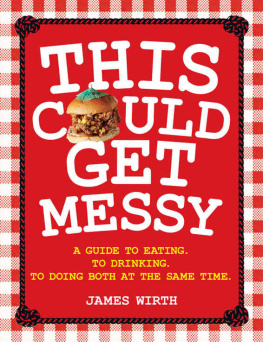
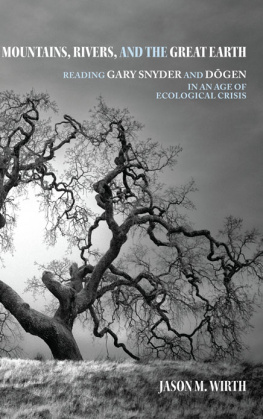
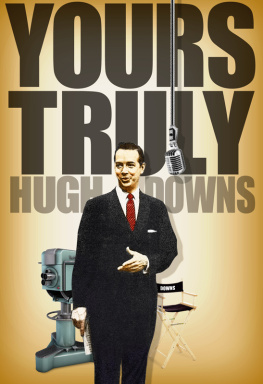
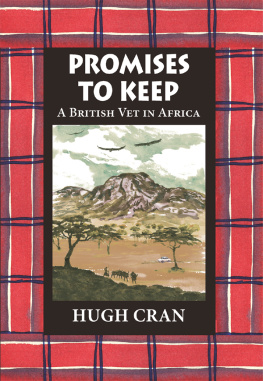
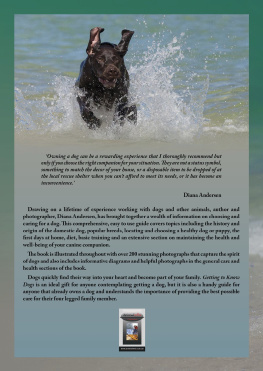
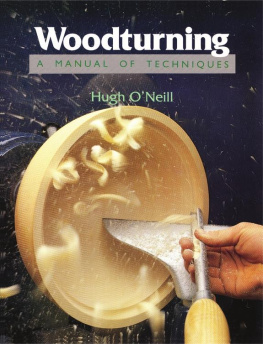
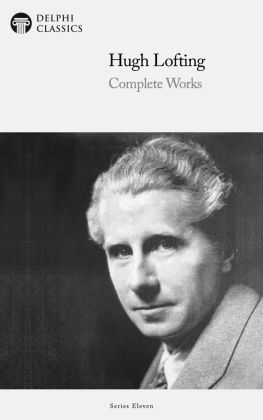

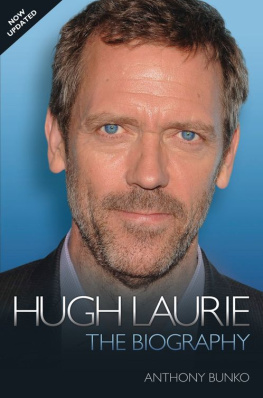
![Robert Hugh Benson [Benson - Robert Hugh Benson Collection [11 Books]](/uploads/posts/book/139831/thumbs/robert-hugh-benson-benson-robert-hugh-benson.jpg)
